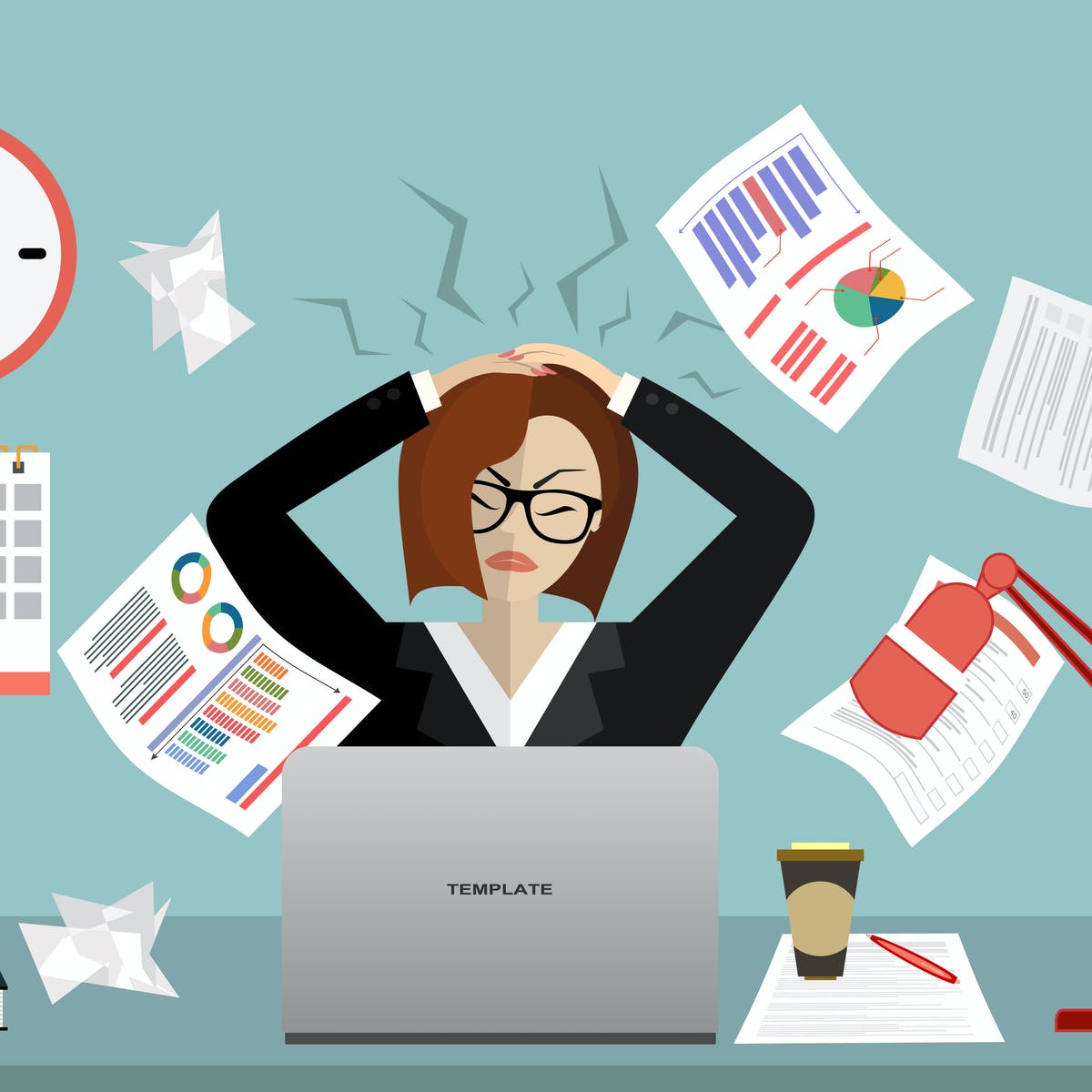The buying and selling of drugs for mental illness is a highly successful strategy that turns normal life situations into conditions of psychiatric illness, causing people from all walks of life to worry about the most recent “mental illness”; and ask for a pill.

Over the years, psychiatry has convinced millions of people that their emotional changes are due to serotonin deficiency and that they can only be alleviated by taking drugs such as antidepressants.
When the brain chemical imbalance theory was unveiled, an avalanche of criticism and questioning arose, then president of the Psychiatric Association (APA), had to publicly recant saying that “there is ‘no’ strong laboratory test to determine the existence of a chemical imbalance in the brain”.
The brain chemical imbalance theory was likely a claim from the pharmaceutical industry. (It is not at all surprising if we consider that only by the sale of antidepressants more than 13 billion dollars annually move).
Despite these facts, tens of millions of people have been prescribed psychotropic drugs around the world. Many of the consumers believe, due to the bombardment of advertising, that they are correcting a physical condition, a condition that simply does not exist.
It was not until 2004, and after the countless tragedies that had occurred, that the public was alerted to the risk that children and adolescents run when taking antidepressants. Adults are also at the same risk (including suicide).
Antidepressants are dangerous, causing among other things, anxiety, agitation, panic attacks, insomnia, irritability, hostility, impulsivity, akathisia (severe restlessness), hypomania (abnormal excitement, mild mania) and mania (psychosis characterized by exaggerated feelings and hallucinations ).
While psychiatrists insist that the disease is a neurobiological condition, and have spent billions of dollars without being able to prove this theory: no biochemical or genetic markers have been established for attention deficit disorder, oppositional defiant disorder, depression, schizophrenia, anxiety, alcohol compulsion or drug abuse, overeating, gambling, or any another of the supposed illnesses, illnesses or mental disorders.
